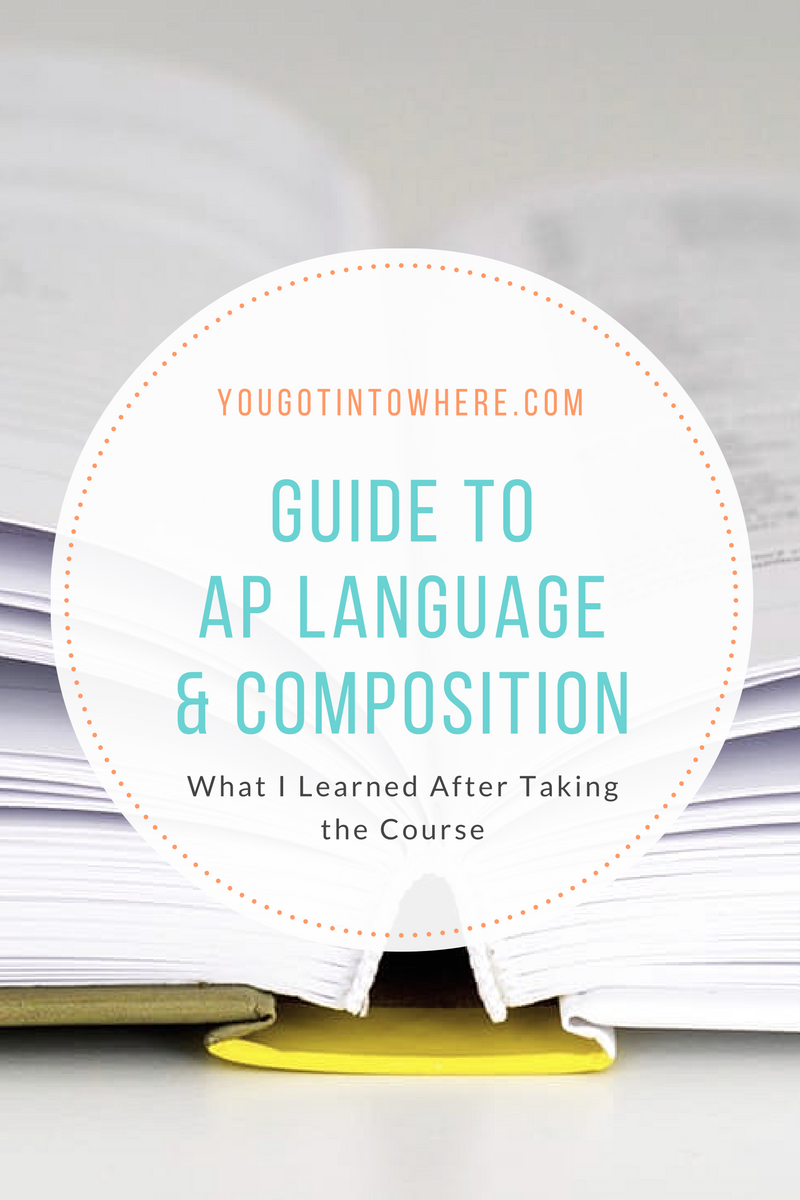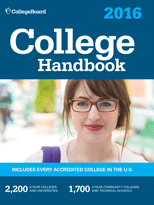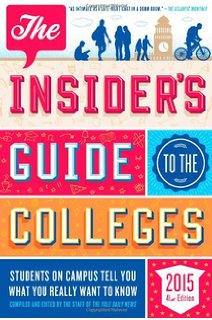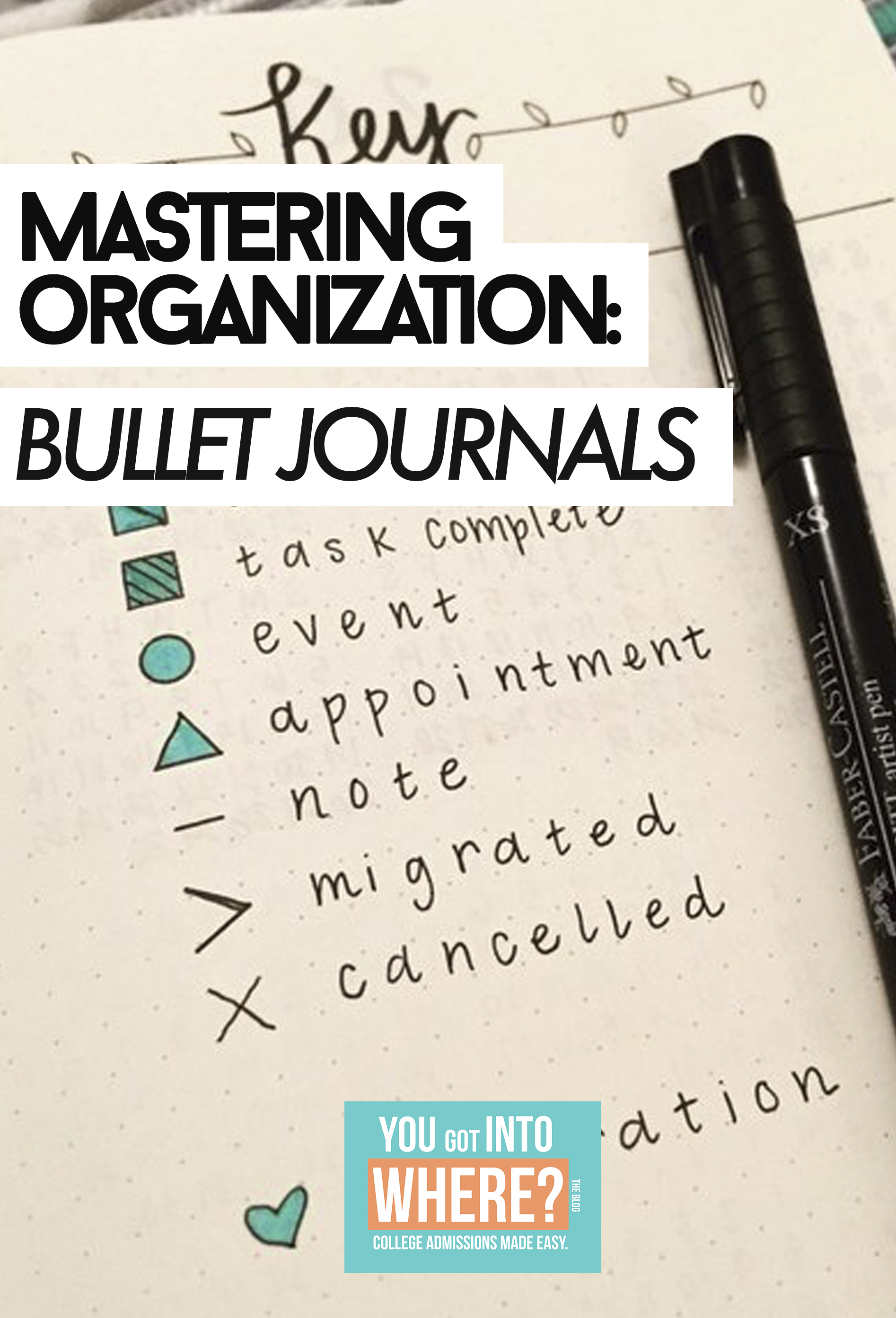What I Learned After Taking AP English Language Composition
/Among the several English classes offered at a high school, AP English Language and Composition, or simply, AP Lang, is a class that anyone in any grade in high school has the opportunity to tackle. By tackle, I mean tackle. The average student will gain valuable resources of the English language from taking this class. From writing in-class essays every other week, to memorizing over fifty writing techniques - the class is a lot of work, but it is worth it in the end. I know this from experience, because I am the epitome of the average student. I’ve learned that as time progresses in the class, writing essays will become easier, and although you won’t be able to memorize every literary technique, you will have a basic understanding for future English courses to come. If there is one important philosophy I learned from taking this course, it is that you will soon recognize your strengths and use them to your benefit, and your temporary weaknesses are well, temporary.
It Actually Counts
Since this is an Advanced Placement course, it is important to treat this as a college course, as if you were taking it in college. From my personal experience, although my English teacher was caring and passionate about the subject and teaching her students, she did not stand for hand holding and micromanaging. Piles of hand outs and paper assignments would be given to us at the beginning of the school week, and would usually be due on Thursday or Friday, with no reminders given in the middle of the week. Depending on the different schools and teachers, it might be different for everybody, but keep in mind the workload will get heavy, since it technically is a college preparatory course. On the upside, all the workload will be worth it if you pass the class and score a four or five on the AP exam. The class is weighted, adding some extra love to your grade point average, and it will also count as college credit if you kick butt on the AP exam! For more insight, read over the course description on College Board.

You Are What You Read
In the beginning of the school year, your teacher should state the required books and reading in the class syllabus or curriculum letter. Once you have that list, I recommend you start buying them from the bookstore or borrowing a copy from the library or a friend who had the class. I personally liked owning my own copy of the book because you are able to write and annotate all over it, without the wrath from your friend or the librarian. Plus, some teachers will actually give you credit for coming to class with your own book, or at least your own copy for that unit.
Once you actually have the required reading, try your best to not procrastinate when reading, and actually try finishing the book a couple days before the due date. This helps if you have any class discussions or questions you would want to ask your teacher before an in-class essay or test. Staying on the top of your game with reading is especially beneficial with class discussions. Trust me, there is nothing more embarrassing when you have nothing to contribute to a discussion, or worst, when you get called on. Another helpful tip when it comes to reading is starting second semester, try reading the newspaper or paying more attention to the news in general. Once January rolls around, the AP exam is only three to four months away, and it is better to prepare sooner rather than later. Reading and watching the news will help you on your essays when you need to synthesize or make additional commentary to your writing.
Think Ahead
When it comes to staying organized, a planner or agenda will be your best friend. On top of the assigned book you have to read for a unit, your AP Lang teacher will usually give you practice multiple choice tests and practice AP prompts to prepare you for the AP exam, as well as several oral presentations throughout the year. If you’re like me, who absolutely dreads oral presentations, planning ahead of time instead of the night before will definitely ease your stress and anxiety, and actually help you feel more confident when presenting to the class.

Let Your Words Speak
The AP Lang class is usually mainly graded on the student’s essays, oral presentations, and participation in class. Among the three topics, I found that writing about the book or prompt was more of my strong suit than talking about it. The difficulty of writing normally comes across students when there is a timed writing or an in class essay. In this case, time is usually an angel or the devil, but there is nothing to worry about if you take into consideration the following necessary precautions.
Know your school’s bell schedule. Do you have a block schedule? Does your timed writing happen to fall on an early release day? Even though it is a small tip, knowing how much allotted time you’ll be given and planning out how to manage that time is the number one priority. In addition, learning how to write in a pressured and timed environment will prepare you for the AP exam as well. If your struggle with time, I suggest you give yourself only ten minutes to read the prompt and outline your essay, and use the rest of the time to actually write it.
Know what you’re writing about! This tip applies more to assigned essays with due dates or in-class essays based on an assigned book or reading (this tip does not apply to the AP Exam, since you don’t know any of the prompts until the day of). This tip also may seem too obvious to miss, but when the time comes where your class is reading a book you are just not interested in, or the essay falls around the same time as your other priorities, it becomes very easy to get lazy with the annotations and notes, or even put aside the reading altogether. The best way to make this tip work is to, again, stay on top of the reading game. Regularly reading the assigned work and taking the time to make annotations and notes will save you so much time and stress when actually writing the essay. Instead of spending the time racking your brain for quotes or flipping through your novel’s pages, you’ll be spending that time to actually write!
Preparing for the Big Exam
The best way to prepare for the AP Exam is probably the simplest and the hardest - do well in the class. Reading that sentence will probably make you want to punch your computer screen, because yes - it is that obvious and that simple. When preparing for any big exam, your best bet of doing well on it is if you practice the work and material of the subject consistently. Like most of the other AP courses, AP Lang’s job throughout the entire school year is preparing you for the exam. From the beginning until the end of the course, you will be given given practice essay prompts, articles to help with synthesis, and worksheets where you have to identify the certain literary technique being used. I managed to pull through and end that year of AP Lang with a borderline A- in the gradebook, and a 4 on the AP exam (I know it’s not a 5, but hey, college credit!). If you take the actual class seriously and try your best, then there is a guarantee you will get a passing score or higher on the exam. Trust.
Final Tips
Here is a recollection of my final thoughts and tips as I look back at my year of taking AP Lang:
Be specific and detail-oriented. This goes for the broader spectrum and applies to everything in the course and on the exam. From writing essays, to analyzing documents, even to just doing some practice handouts, the more specific you try conveying yourself and your thoughts, the better. The course is all about analyzing and showing your understanding of the reading or prompt, so if you could refine it to the smallest piece of your point (with the least bit of ambiguity), then you’re golden. Everything is open for interpretation, but the score and grade is based on how well you can communicate your point.
Lastly, put in the effort. This applies to everything as well, even the pieces of paper you think are busy work. In this course, everything is given to you for a reason. The effort you put into your work will reflect on the red letters on the first page of your papers, or that final score in July. AP Lang is a course where you can apply “you are what you eat”, or more accurately, you are what you read.


















